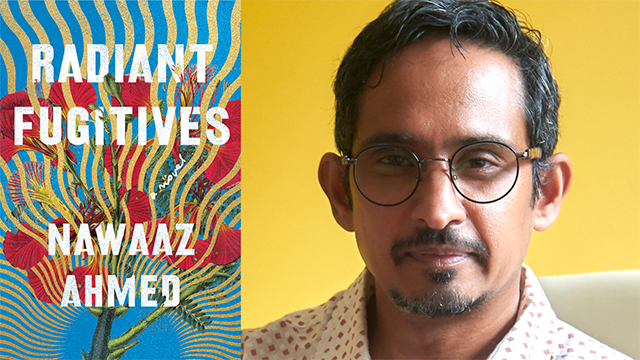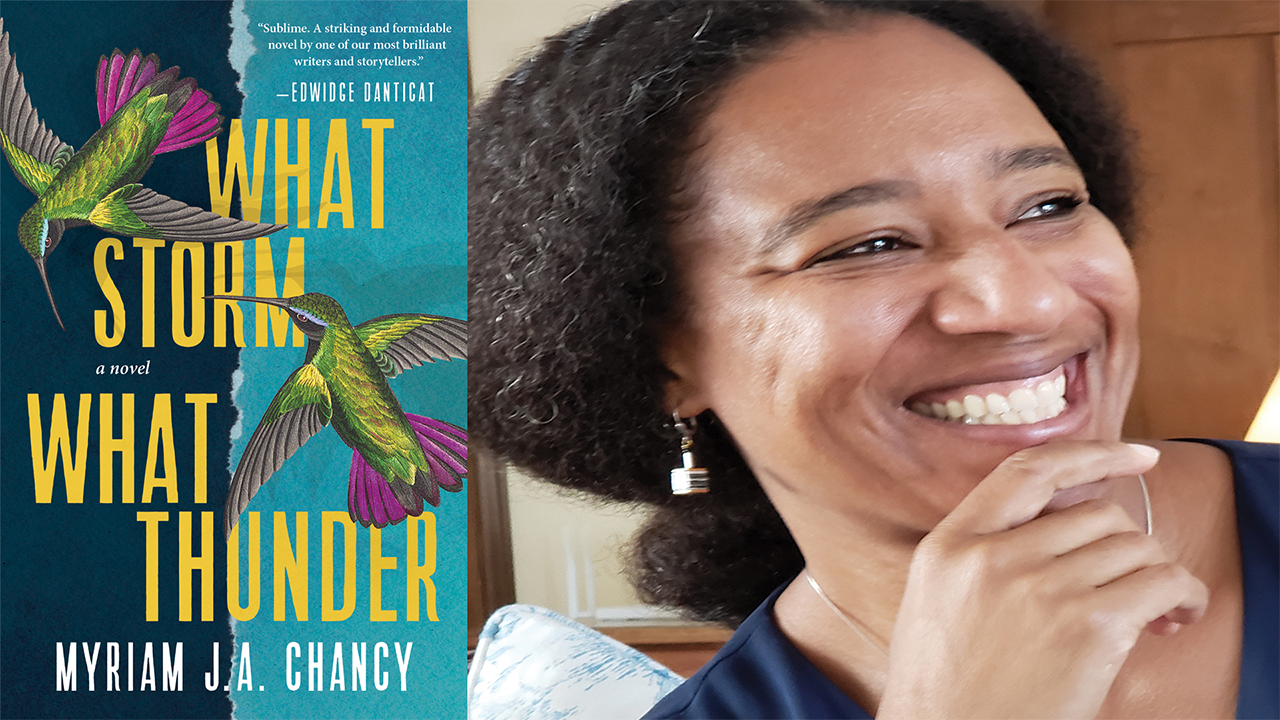In November, Aspen Words announced the longlist for the fifth annual Aspen Words Literary Prize, a $35,000 award recognizing a work of fiction that addresses a vital social issue. The selected books explore questions of freedom and identity, exile and belonging, and are set against the ravages of colonialism, consumerism, and classism. While the jury works on selecting a shortlist, Aspen Words chatted with the nominees about their work, how they view their role as a writer in this cultural and political moment, and the best piece of writing advice they’ve received.

Nawaaz Ahmed was born in Tamil Nadu, India. His first novel Radiant Fugitives follows three generations of a Muslim Indian family confronted with a nation on the brink of change. Like the country itself, they must grapple with acceptance, forgiveness, and enduring love.
How do you view your role as a writer in this cultural and political moment?
I write to figure out my own place in the world, and that includes how to reason about and engage with the current moment, with all its hopes and ruptures. I don’t believe there are coherent answers to be found—as a character in my novel states, the world is too complex to allow for that—but there’s value in the trying and perhaps recording that intractability.
What inspired you to write Radiant Fugitives?
As a gay Muslim writer, I wanted to explore my complicated relationship with the religion I was born into. The rift between the two sisters at the heart of Radiant Fugitives, one a lesbian and the other devoutly religious, provided me with the means. At the same time, as a new immigrant to America, I was grappling with my sense of belonging in the country. I became a citizen during President Obama’s first term, in the shadows of the Ground-Zero mosque protests and the same-sex marriage battles. The divisions in the country seemed to be hardening, suspicions about each other growing. We’re all the ‘other’ now, and I wrote to also explore that space of isolation and grievance.
What is the core tenet of your book’s philosophy?
I can best quote John Keats here, from his Endymion, as I do in the novel: “But this is human life: the war, the deeds, the disappointment, the anxiety, Imagination’s struggles, far and nigh, all human; bearing in themselves this good, that they are still the air, the subtle food, to make us feel existence, and to show how quiet death is.”
What’s the best piece of advice you’ve received on writing fiction?
I once attended a workshop by the brilliant writer and teacher Kevin McIlvoy where he spoke of paradox as an organizing principle of novels. I took that as advice to embrace the contradictions and irreconcilable perspectives that seemed to have crept into my novel and to allow them space to play out instead of attempting to impose a simplifying coherence.
What are you currently reading?
Rabih Alameddine’s wonderful The Wrong End of the Telescope, both a witnessing of the Syrian refugee crisis and a meditation on the limitations of such witnessing.


